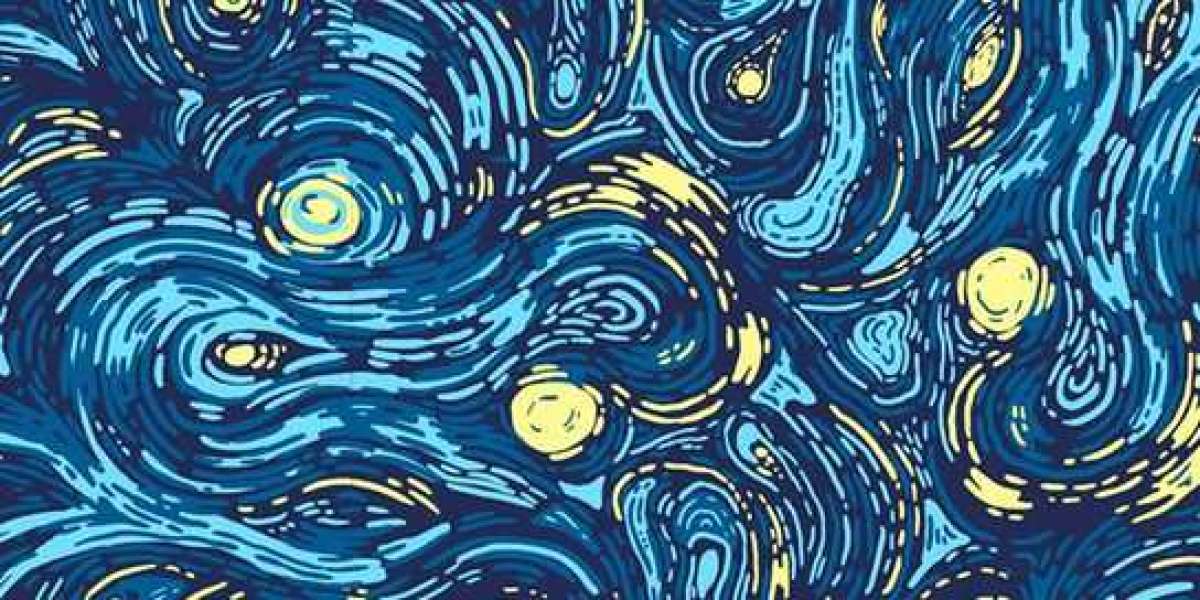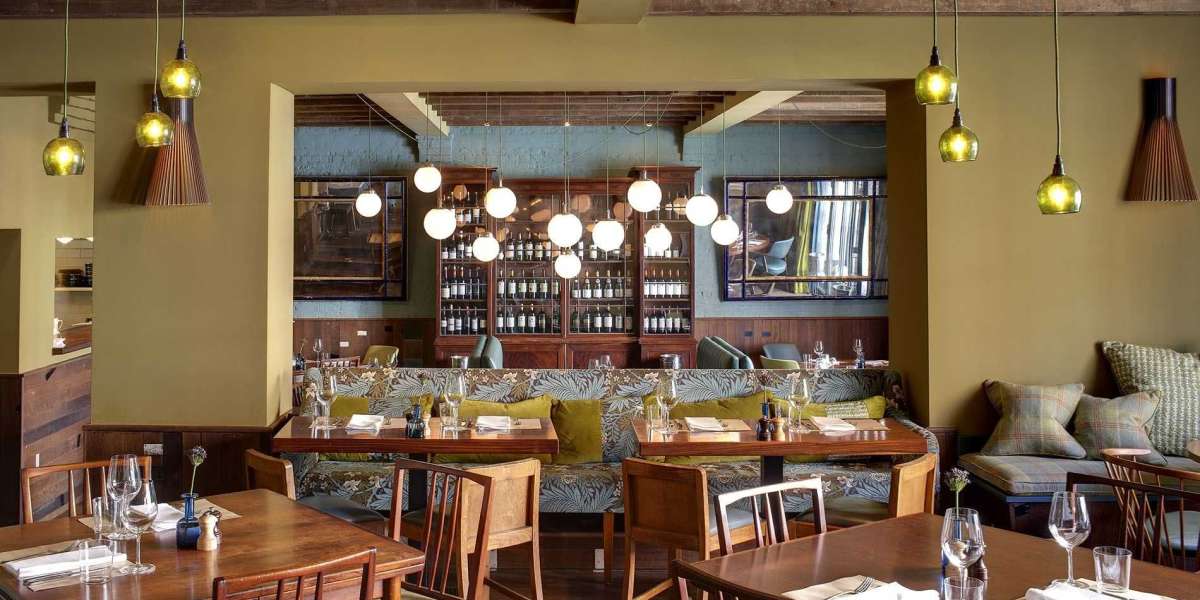In the dimly lit alleys and bohemian lofts of New York City's East Village, a vibrant art revolution was brewing in the late 1970s. At its forefront stood a young prodigy, Jean-Michel Basquiat, whose meteoric rise to fame would leave an indelible mark on the art world. His raw talent, coupled with an unyielding spirit of creativity, propelled him from obscurity to prominence, earning him a place among the most celebrated artists of the 20th century.
Born in Brooklyn in 1960, Jean-Michel Basquiat journey to artistic acclaim was as unconventional as his work itself. Raised in a melting pot of cultures and influences, he soaked up the dynamic energy of the city streets, which would later become the canvas for his bold expressions. With a father of Haitian descent and a Puerto Rican mother, Basquiat's heritage infused his art with a rich tapestry of symbolism and identity.
In the late 1970s, the East Village emerged as a hotbed of artistic experimentation, attracting a diverse community of avant-garde creators seeking refuge from the commercialized art world. Basquiat found his sanctuary amidst this eclectic milieu, where he honed his craft alongside fellow visionaries such as Keith Haring and Jean-Michel's close friend and collaborator, Andy Warhol.
Basquiat's art defied categorization, blending elements of street graffiti, neo-expressionism, and primitive art into a singular, visceral style. His canvases pulsated with frenetic energy, adorned with enigmatic symbols, cryptic texts, and fragmented figures that spoke to the chaos of urban life and the complexities of the human condition. Each brushstroke seemed to echo the rhythm of the city, capturing its raw vitality and relentless pace.
It was not long before Basquiat's work caught the attention of the art world's elite. His first solo exhibition in 1981 at the Annina Nosei Gallery catapulted him into the spotlight, garnering widespread acclaim for his provocative compositions and fearless approach. Critics hailed him as a visionary, while collectors clamored to acquire his pieces, propelling Basquiat from struggling artist to cultural icon virtually overnight.
Central to Basquiat's appeal was his ability to bridge the gap between high and low culture, drawing inspiration from sources as diverse as jazz, street art, African masks, and classical mythology. His paintings spoke to the universal human experience, transcending boundaries of race, class, and gender to resonate with audiences around the world. In a society marked by division and discord, Basquiat's art served as a unifying force, offering glimpses of beauty and truth amidst the chaos.
Despite his meteoric rise, Basquiat remained fiercely independent, resisting attempts to commodify or co-opt his work for commercial gain. He rejected the trappings of fame, preferring to immerse himself in the creative process rather than bask in the limelight. His dedication to authenticity and integrity earned him the respect of his peers and secured his legacy as a true pioneer of contemporary art.
Tragically, Basquiat's life was cut short at the age of 27, succumbing to a heroin overdose in 1988. Yet, his influence endures, his legacy immortalized in the timeless brilliance of his art. Today, Basquiat's paintings command record prices at auction houses, his name synonymous with innovation and rebellion in the annals of art history.
In the decades since his passing, Basquiat's impact on the East Village art scene and beyond has only deepened, inspiring successive generations of artists to push the boundaries of creativity and challenge the status quo. His spirit lives on in the vibrant streets of New York City, where his presence is felt in every splash of color, every scrawl of graffiti, and every beat of the city's pulse. Jean-Michel Basquiat may have risen swiftly to fame, but his legacy will endure for generations to come, a testament to the enduring power of art to shape our world and ignite our imagination.



